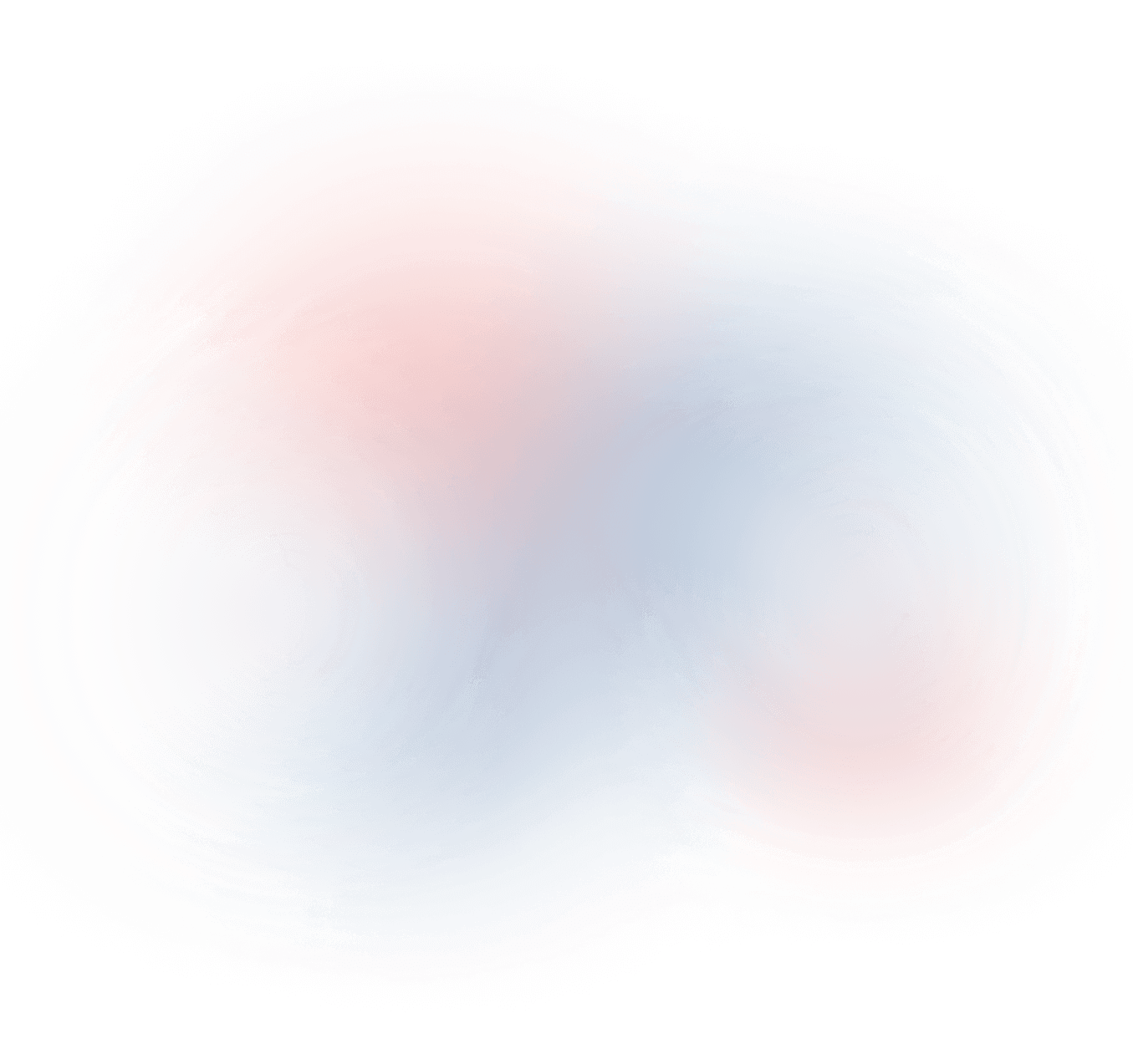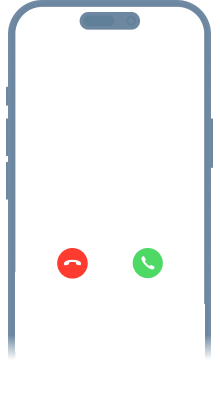Get your medical marijuana card in California online
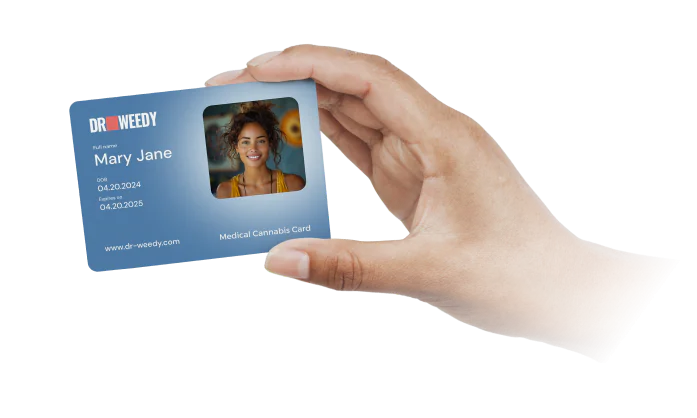
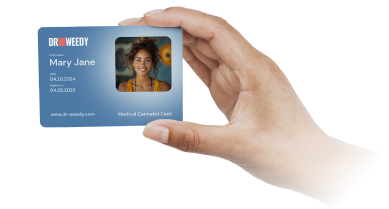
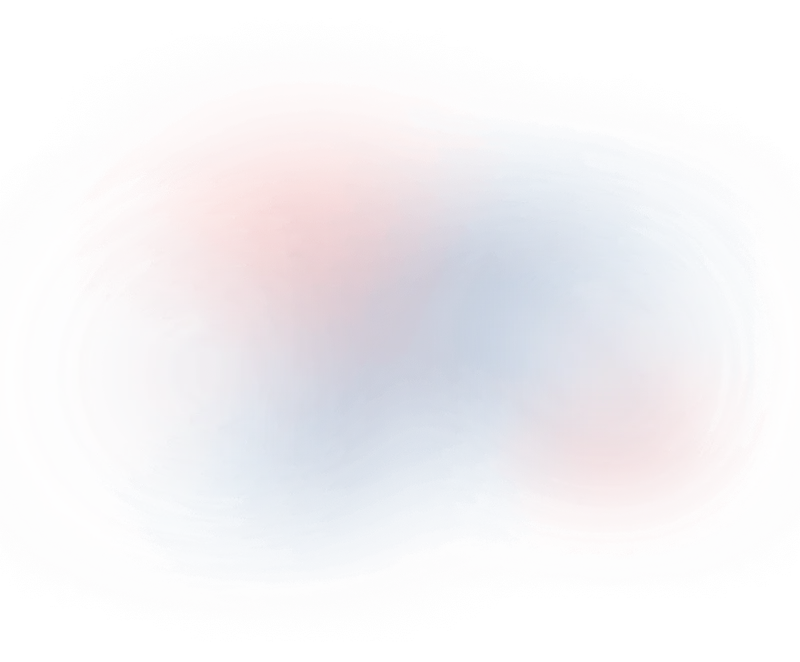
More than 150,000 patients evaluated over 8 years


Benefits of getting a MMJ card in California

8x purchase and possession limit

Grow more plants
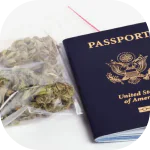
Access to cannabis from 18 y.o

Variety of choice

Legal protections

Lower taxes

Get your CA medical marijuana card online in 3 quick and easy steps
Choose a price package that suits your preferences. Complete a short, confidential questionnaire to initiate the evaluation process.
State law allows online evaluations based on your questionnaire. A consultation may be scheduled at the doctor’s discretion.
Upon approval, your recommendation is emailed, granting access to all state dispensaries. Expect a hard copy in 4-7 business days.

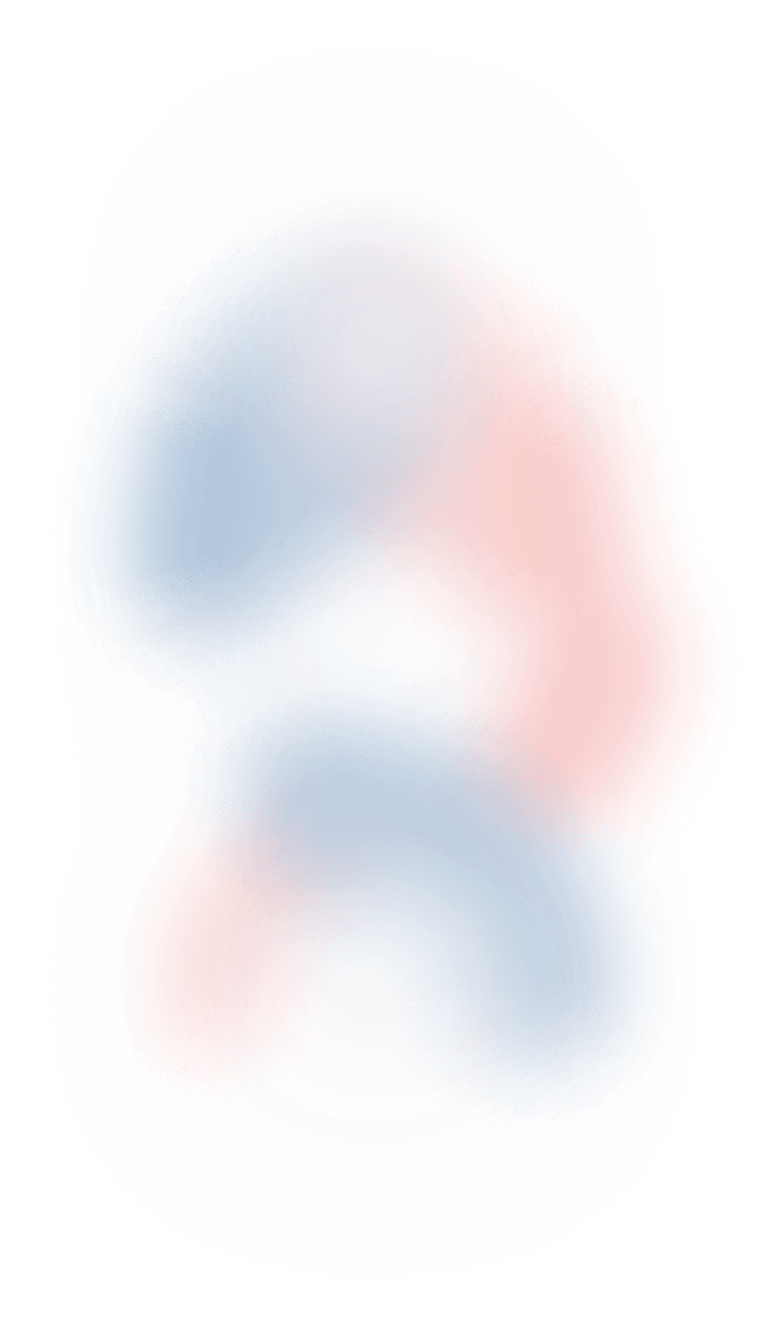

Do I qualify?


Dr.Weedy prices are final
Prices for getting new medical card in California
competitors
30+ state-licensed physicians at your service
Patient stories: cannabis therapy successes
Live emotions of our happy clients
«Hey everyone, I just want to give a big shout out to Dr. Weedy for doing such an amazing job of helping me get my medical marijuana card. You know, a lot of times you go to these different websites and it takes a very long time to get approved or get a recommendation. And with the help of Dr. Weedy, I was able to get approved very fast for my card. So if you guys are looking for a great evaluation that’s very fast and convenient for you, all you got to do is go to their website Dr. Weedy and they will definitely help you out and do a tremendous job for you just as they did for me. So, thanks again, guys, thank you Dr. Weedy, and I look forward to seeing your success. Full video»

Current cannabis laws in California
Access crucial insights on state requirements and laws regarding cannabis

Frequently Asked Questions
Can minors apply for a medical marijuana card in California?
Yes, minors can apply with the consent of a parent or legal guardian. The parent or guardian must act as the primary caregiver, and the minor must have a qualifying medical condition.
What documents do I need to submit with my application?
To apply for the doctor’s medical marijuana recommendation, you’ll need a valid California ID or driver’s license.
If you choose to apply for the state registration as well, the documents required for the MMIC program include:
– A copy of your doctor’s recommendation
– Proof of identity (e.g., driver’s license or other government-issued ID)
– Proof of residency (e.g., rent or mortgage agreement, utility bill, or California motor vehicle registration)
Please note that the full list of required documents may vary depending on your county. To find specific information for your county and the associated documents, you can visit the official CDPH website.
Is my personal information kept confidential during the application process?
Yes, Dr. Weedy takes your privacy seriously. All information provided during the application process is handled with the utmost confidentiality and in compliance with healthcare privacy laws, including the Health Insurance Portability and Accountability Act (HIPAA). Your personal information is securely stored, and access is restricted to authorized personnel involved in the evaluation process.
